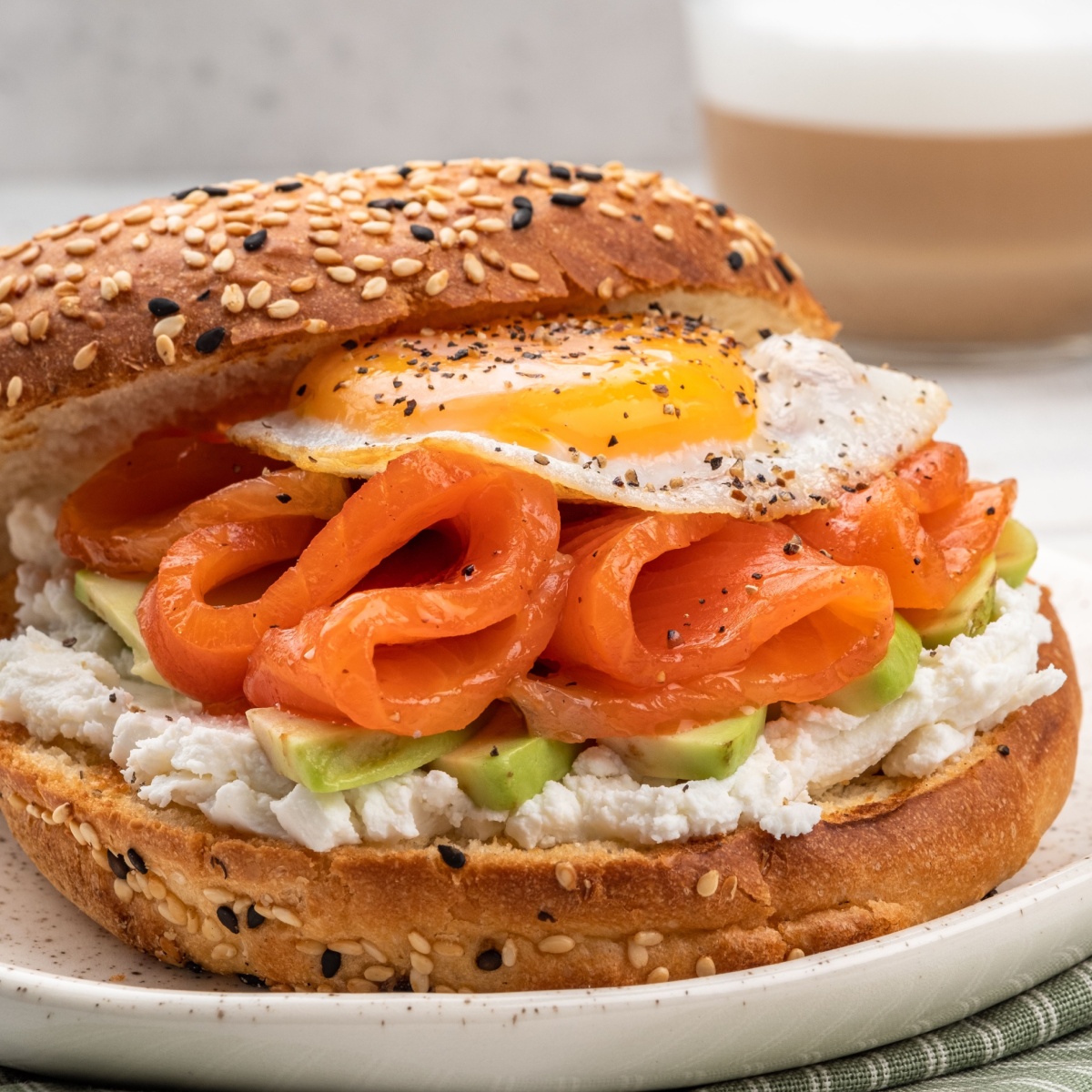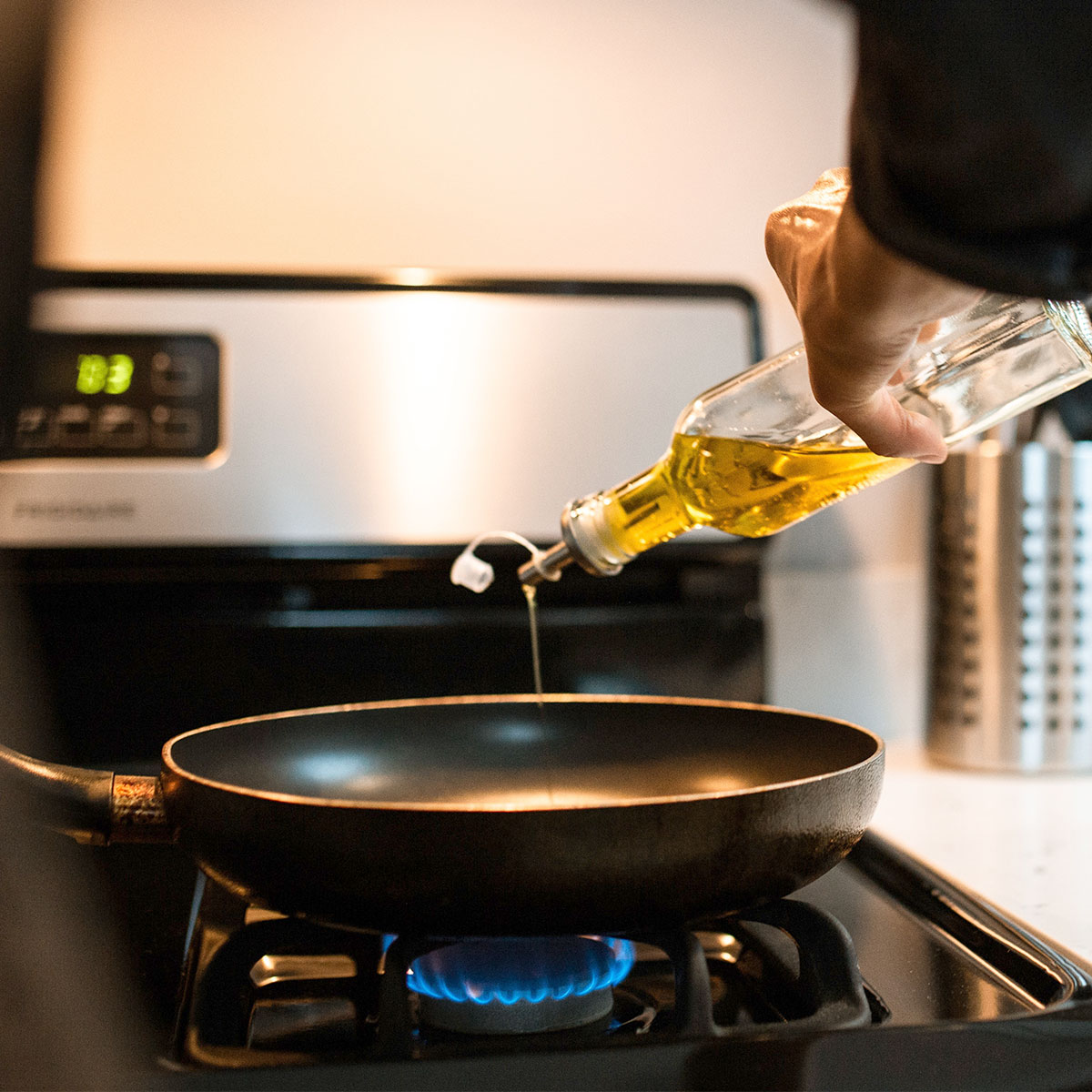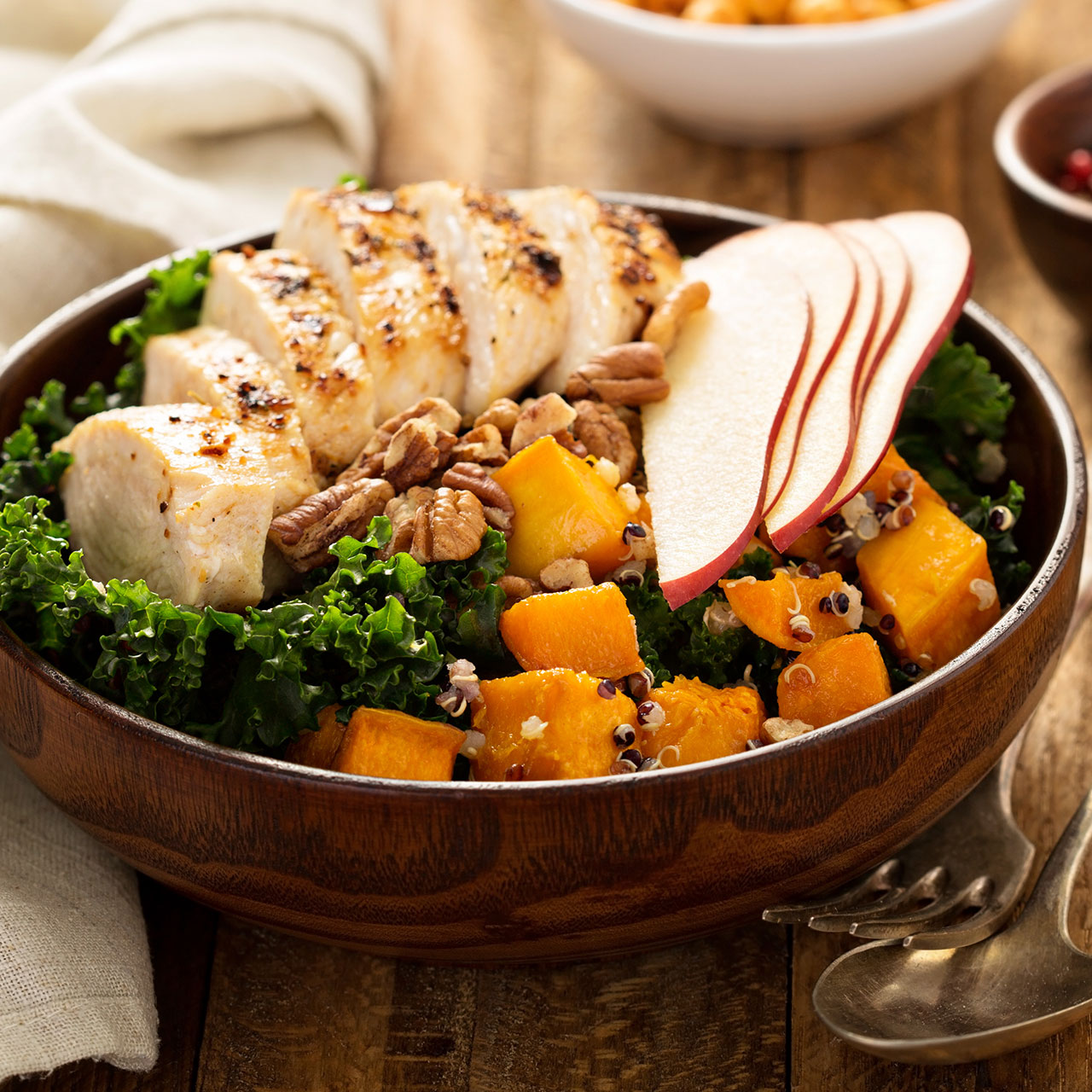The cooking oil you choose can make or break an otherwise healthy meal, experts say, along with how much you use. Whether you’re sautéing vegetables, frying eggs or making something else, using the right oil for your diet (and amount!) can make a meal so much healthier. With that said, we checked in with registered nutritionists and health experts to learn more about 4 common mistakes many of us make when it comes to cooking oil, and how they are often linked to weight gain and other negative health effects.
Read on for tips, suggestions and insight from Lisa Richards, registered nutritionist and creator of The Candida Diet, Trista Best, MPH, RD, LD, registered dietitian at Balance One Supplements, Beth Hawkes, RDN, registered dietitian, nutritionist and owner of Nursecode and Lindsey DeSoto, RDN, registered dietitian, nutritionist and owner of The Dietitian Momma.

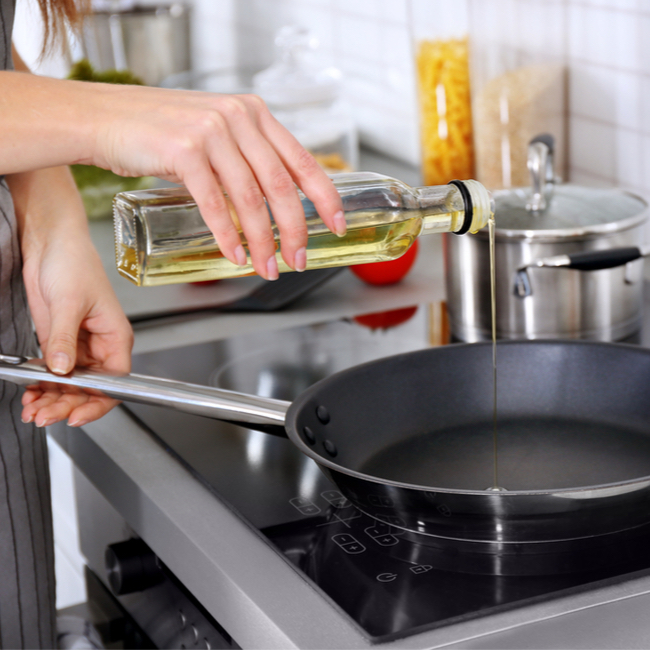
1. Using EVOO Mixed With Refined Oils
Extra virgin olive oil is one of the most beloved and commonly used cooking oils out there. While it can provide you with healthy fats and is included in a myriad of nutritious recipes, Best warns that some brands might mix in refined oils, which can lead to indigestion, bloating, cramping and more. "Extra Virgin Olive Oil is one of the most commonly used oils on the planet, but it is important to ensure you aren't getting EVOO mixed with refined oils, as is the case with many brands," Best says. When not including refined oils, she stresses that "cooking with EVOO cuts down on saturated fat and gives food a fresh and lighter taste."
While this oil can be used for "just about any food," Best adds that it is "ideal for sautéing vegetables and foods you'd like to keep on the lighter side" that do not require high heat or long cook-times. Flavors are relatively unaffected by EVOO, but will be lighter than many other oils that could be used. As with many cooking oils, Best notes that "some manufacturers cut cost and quality by adding refined oil to their formulations." This, she says, is an important potential issue to look out for when selecting your EVOO. "Because of this mislabeling and deception, there are now pure quality certifications you can look for when selecting EVOO, specifically the California Olive Oil Council (COOC)," Best advises.
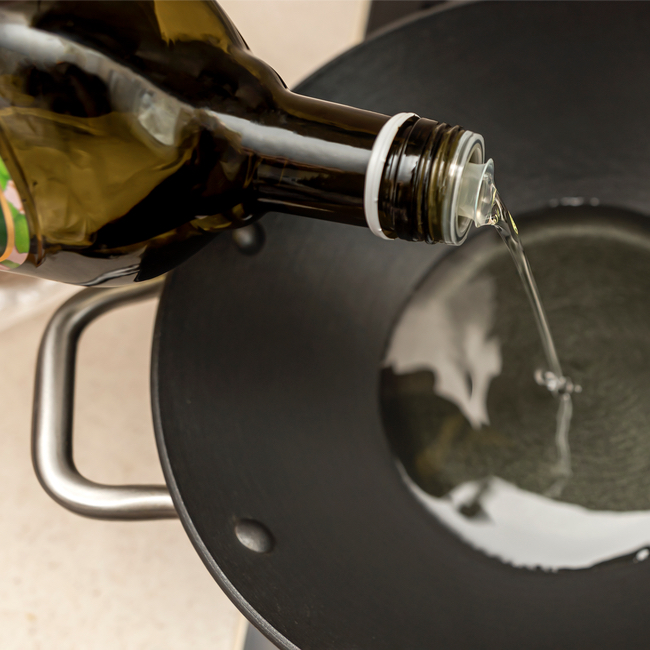
2. Using Too Much Oil
No matter what you're cooking, using more oil than you need can add a ton of excess calories, Hawkes warns. "Excess oil in the diet causes unhealthy weight gain," she says. To prevent this, she recommends that if you are "trying to find a diet plan to reduce weight," you have to "pick a cooking oil that has the least amount of saturated fat in it."
DeSoto agrees, and says that measuring oil (rather than just eyeballing it or pouring it into your pan) can make all the difference if you frequently cook with it and want to avoid weight gain. "Although adding a drizzle of olive oil on food can add taste and help enhance the texture of food, it can easily add up," she says. DeSoto also acknowledges that "just one tablespoon of olive oil contains 120 calories," and it can be easy to have a heavy hand if you aren’t carefully measuring. "I recommend always trying to measure the amount of oil you add to your food until you have a better feel for the serving size," she adds.
3. Using Oil When It Isn't Needed
While some recipes might require the use of cooking oils, Richards says that there are other ways to cook veggies, eggs and other foods that can instantly prevent excess calories or fat. "Unnecessarily using oil in the cooking process when it can be replaced with water or low calorie sauces is another mistake," she says.
For instance, Richards suggests that "most vegetables can be sautéed with water or liquid aminos rather than oil." This, she says, leaves you with a "much lower calorie food, because you haven't introduced unnecessary calories from oil."
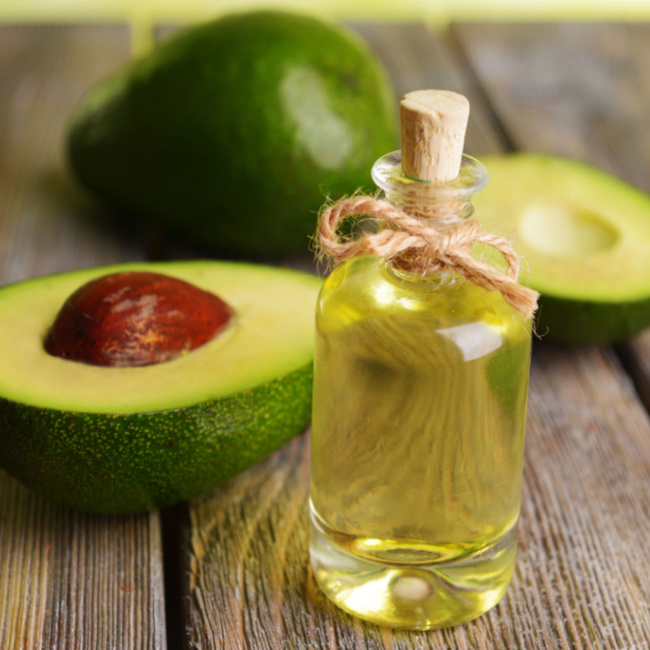
4. Cooking With Canola Oil (Opt For Avocado!)
Out of all the cooking oils out there, Richards deems canola oil to be one of the worst for your overall health if used often. "Some oils are created in such a way that contributes to their negative health effects," she says. While Richards adds that canola oil is "at the top of this list," though it is a popular cooking oil and thought to be healthy, it is "quite the opposite." Canola oil is made using crude oil by being heat extracted from grapeseed, she says. From there it is refined, bleached, and deodorized.
"Further purification is needed due to toxic byproducts from the high heat process," Richards points out. Industrial grade carcinogens, she says, are used in the purification process, with hexane and bleach being two primary ones used. "It is considered healthy because canola oil is made using omega-3 fats, but these fats are fragile and denatured during the high heat processing," she warns. This process is known as refining and "refined oils in general should not be considered healthy," she continues.
Rather than canola oil, Richards recommends opting for avocado, as it can provide heart-healthy fats and tastes just as delicious. "Avocados seem to be the newest trend in health fads," Richards acknowledges. "While consuming all things avocado may be a trend, they have the nutrients to back up their health claims." By replacing your traditional cooking oil or spray with avocado-based ones, you are "enhancing the health benefits of your meal through heart-healthy and anti-inflammatory essential fatty acids," she says.
Traditional cooking oil sprays contain additives that are not natural to the main ingredient such as lecithin, which she notes "acts as an emulsifier and dimethyl silicone which is an anti-foaming agent." These are not included in avocado oils or sprays.
An added benefit to using avocado oil spray for cooking in place of traditional oils is its high smoke point, 520 degrees Fahrenheit. This, Richards concludes, "allows you to cook at higher temperatures and even to be used in grilling."



